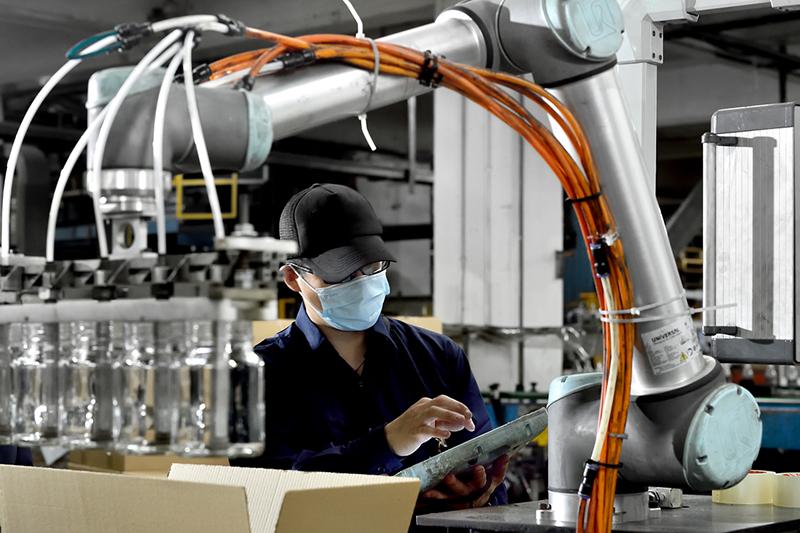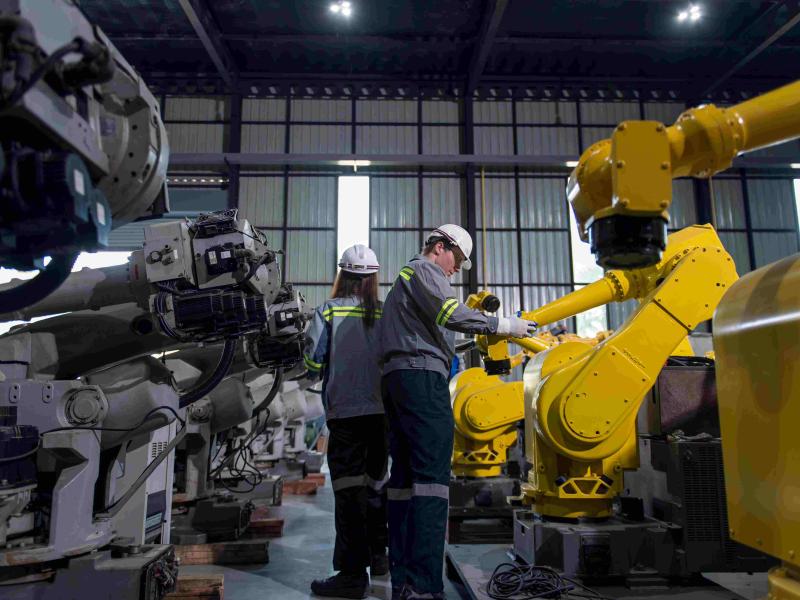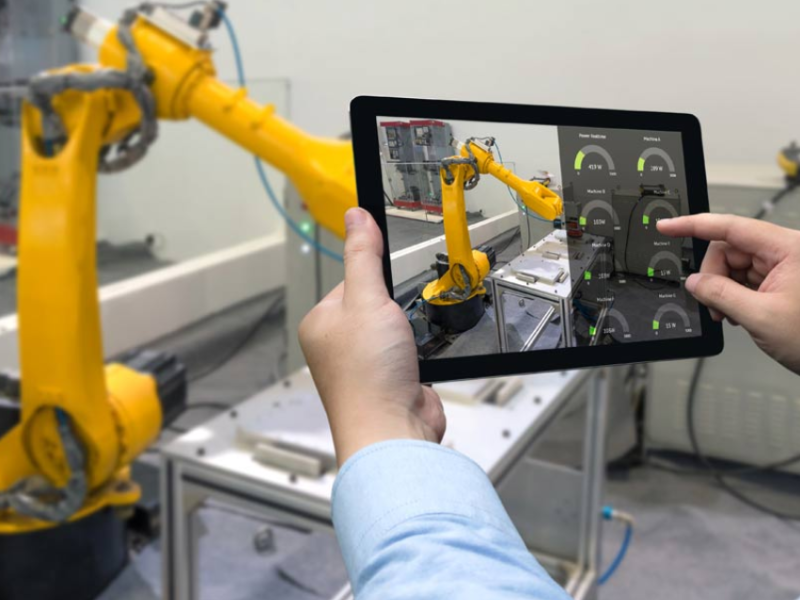In a fast-paced manufacturing environment, maintaining quality and consistency in high volumes of output can be easily achieved through collaborative automation.
According to Masayuki (Masa) Mase, Country Manager for Universal Robots Oceania, “the simple truth is that human error can be costly and for this reason, companies are handing more meaningful tasks over to humans and letting robots handle the rest.”
Collaborative robots (cobots) are designed to handle repetitive, dull and even dangerous tasks. “They are cost-effective, safe and flexible to deploy in companies both big and small. Unlike traditional robots, they are easy to program and can work in small spaces too,”
“Manufacturers can rest easy knowing that tasks are carried out without any errors time and time again.”
It’s all about achieving efficiencies
“Every manufacturer is trying to achieve a competitive advantage and this comes down to efficiencies. The more efficient and error-free your production line is, the more output you can achieve,” says Masa.
Cobots offer the precision and consistency needed to achieve these efficiencies. “A robot will consistently and repeatedly follow exact processes and pre-defined workflows with miniscule deviation, providing optimum conditions for study or analysis.”
It requires superhuman abilities to repeat the same movement over and over again for many hours with exactly the same precision. Automating quality inspection lets you increase measurement consistency and maintain high product quality levels. The repeatability of down +/- 0.03 mm (30 micron) of the UR robot arm is perfect for automating quick-precision handling in quality inspection and testing applications.
“A robot arm with a UR+ certified vision camera offers easy plug-and-play integration for non-destructive testing and 3D measurements, further guaranteeing the quality of your products. It can objectively identify and pinpoint defective or faulty parts before they are packed or shipped.”
Real-life examples
Masa breaks down a few recent examples of cobots being deployed globally to help improve efficiencies and enhance quality on the factory floor:
Siemens – Germany
More than 70 cobots are currently being used by Siemens to relieve staff from repetitive and tiring actions. At Siemens GWE, the automation of manufacturing processes has been a great success. Using cobots not only increases productivity and improves the company's cost position but also increases the motivation of the entire workforce.
“Thanks to the cobots from Universal Robots, we have managed to ensure that automation has arrived to take its place right next to all employees on the production floor,” says Harald Ell, Production Planner at Siemens Gerätewerk Erlangen.
Hwa-Hsia Glass – Taiwan
Hwa-Hsia Glass introduced 11 cobots in its plant as of its digital transformation strategy. Requiring no changes to existing floor space and other resources, UR cobots save Hwa-Hsia Glass six times the space compared to traditional industrial robots - effectively freeing up 25% of the manpower. The cobots allow operators to focus on skilled tasks, diminish their fatigue from repetitive work, and improve overall productivity and quality. The introduction of UR cobots further reduced revenue loss due to customer complaints by USD54K-72K annually and helped achieve the company’s vision of becoming an employee-friendly workplace.
Olympus - Singapore
Olympus is a leading manufacturer of test and measurement solutions used in aerospace, oil and gas, automotive, and other industrial applications. Olympus' inspection systems can be used to detect and characterise defects, and non-destructively measure elemental compositions in a range of materials such as metals, plastics and composites.
Inspection tasks are often carried out over an extended period of time, in uncomfortable or even unsafe positions, presenting scenarios that may lead to incidents or accidents caused by fatigue, repetitive stress, and bad human factors. By incorporating cobots, Olympus provides a complete and efficient automation solution to their clients.
These solutions relieve operators from potential health and safety hazards due to long hours of repetitive work in uncomfortable positions, and enable them to focus on activities such as optimising inspection methods, analysing data, and other value-added tasks.
“It’s great to see cobots being deployed across the globe to help enhance companies’ value propisitons and work alongside their teams to reduce the workload. We look forward to seeing where automation is headed in the years to come.”
visit www.universal-robots.com.






